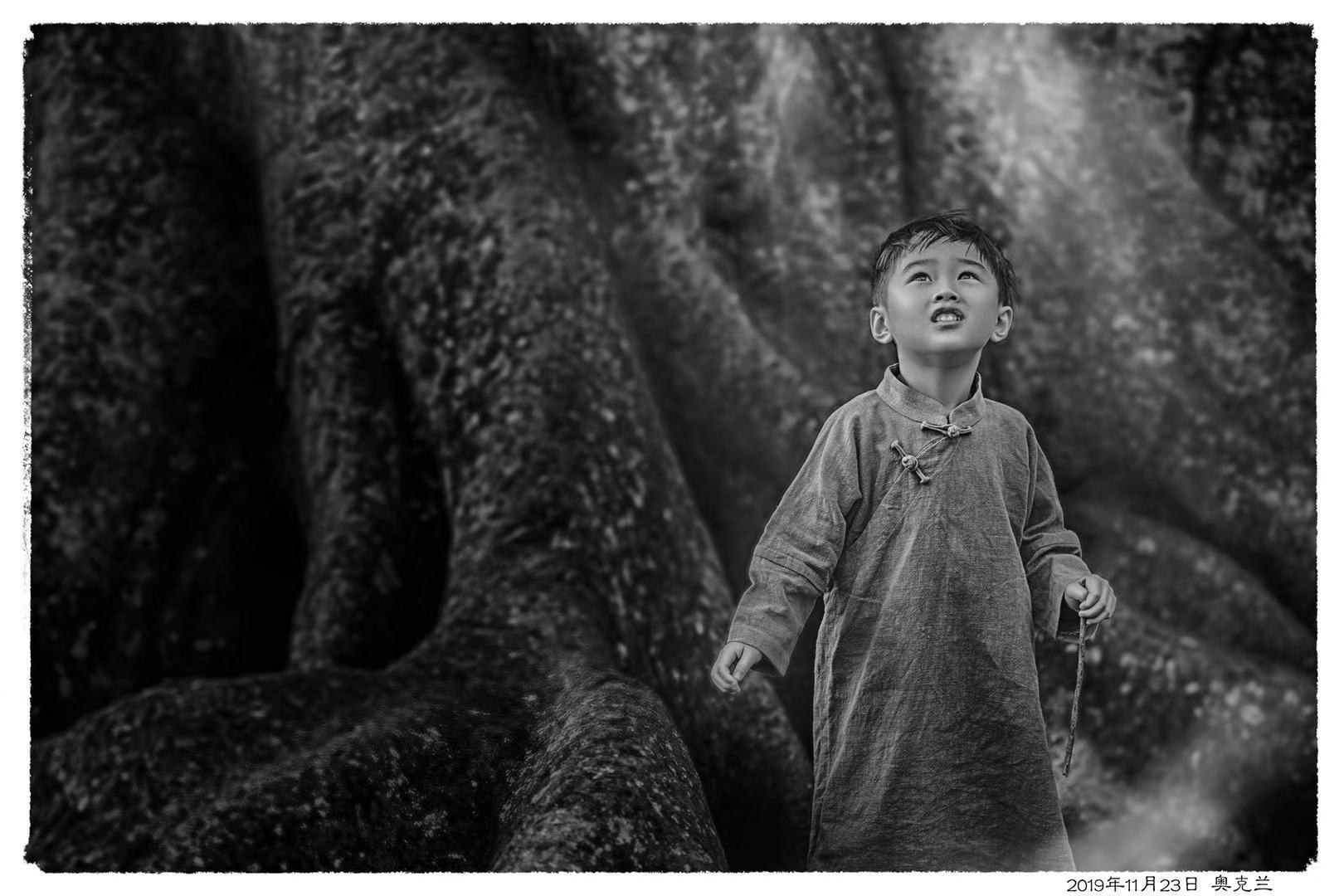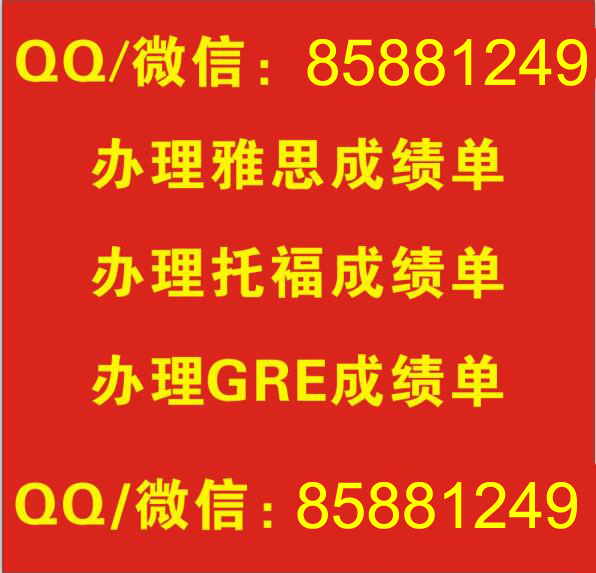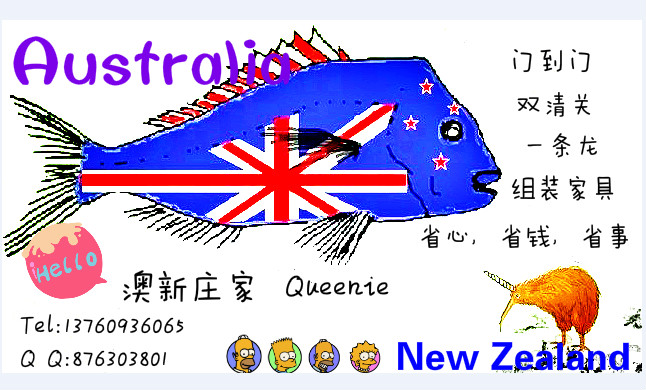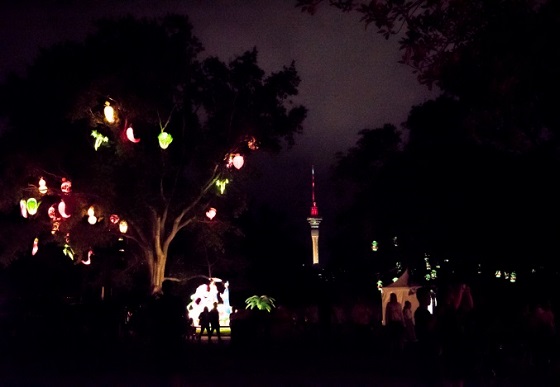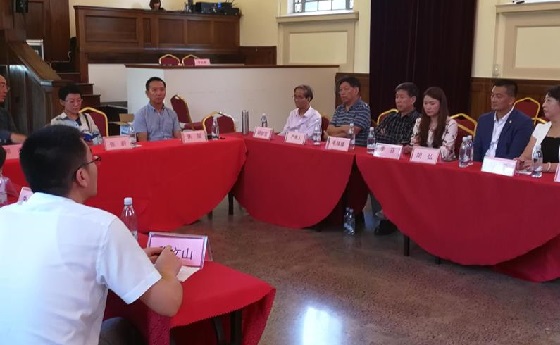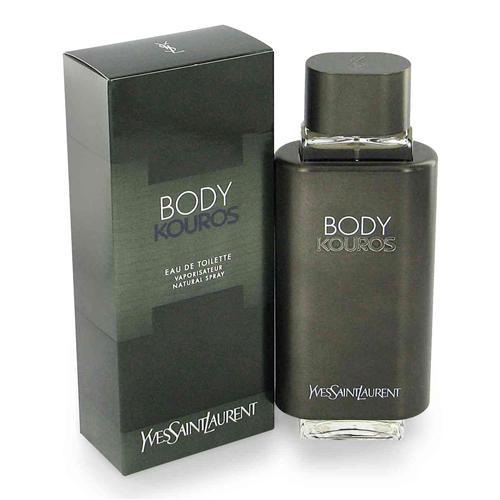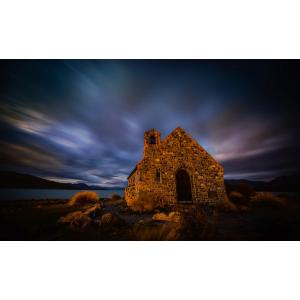|
|
|
|
|||||||||
|
· 临 沂 找 小 姐 上 门 全 套 特 · 古 田 县 找 小 姐 - 找 同 城 美 · 屏 南 县 找 小 姐 - 找 同 城 美 · 临 沂 找 小 姐 全 套 特 殊 服 · 临 沂 找 小 姐 酒 店 按 摩 服 · 柘 荣 县 找 小 姐 - 找 同 城 美 · 朔 州 找 小 姐 上 门 全 套 服 · 临 沂 找 小 姐 美 女 酒 店 联 |
工党第一位华人议员霍建强发表国会处女演讲 |
|
| 发表于:2009-10-02 15:4 698 浏览 / 9 评论 | |
|
中国城新闻部 网讯 工党第一位华人议员霍建强先生于今天在国会发表了他的首个处女演讲,获得了空前的好评。以下是霍建强国会议员的演讲全文: TUESDAY, 16 DECEMBER 2008
Address in Reply
RAYMOND HUO (NZ Labour): Mr Speaker, I congratulate you and your associates on your appointments, and wish you all the best for the term of this Parliament. Greetings to all members and to the diverse groups of citizens it represents. 你们好! Greetings to you all!
It is a privilege to stand and present my “maiden speech” to this 49th New Zealand Parliament. I wish to recognise the Governor-General and the dignified calm that he brings to that office.
I should like to pay my respects to the Rt. Hon. Helen Clark, our former Prime Minister and Leader of the New Zealand Labour Party. I am very proud to have been a part of the recent campaign under Helen Clark, whose vision and leadership I believe history will look back favourably upon. Her vision and leadership have strengthened my Kiwi identity and made me proud to be a New Zealander.
Equally, I am very proud to have now become the first Chinese member of the Labour caucus, serving here under the Hon Phil Goff. I recall that my very first meeting with a Labour cabinet minister upon seeking nomination to run for parliament was with Phil at his Mt Roskill electoral office. I thank Phil for his support!
I owe my presence here to many people I consider to be mentors. To name names unfairly omits others, but some do need special mention: the Hon Chris Carter, for his passion to fight for values our Labour Party stands for, and for his trust and confidence in me; the Hon Dr Michael Cullen; the Hon Lianne Dalziel; the Hon Darren Hughes; the Hon Judith Tizard; the Hon Maryan Street; and Labour Party President Mike Williams.
I also pay tribute to the Hon Parekura Horomia, and, through him, to all our Maori colleagues in the House, and to Aotearoa’s tangata whenua. It is to them that we owe a profound debt for the foundation they laid for a bicultural nation, that is now multicultural. Kia Ora!
Thanks also go to many of my free-thinking friends, intellectuals and teachers: Professor Yongjing Zhang – I am proud to be a fellow alumnus; and Mr Gavin Ellis, the former editor-in-chief of the New Zealand Herald, who duly became my first employer in New Zealand.
I did follow Gavin’s advice of listing all the pros and cons and adding them up to help draw a conclusion when I was uncertain about vacating my legal profession in order to run for parliament. He did not give me an answer, but showed me how to get one. That reminded me of the way Gavin taught me in the newsroom more than ten years ago, how to distinguish between “news” and “views” when writing articles. It sadly appears, however, that few media in the country appreciate the difference nowadays.
My most heartfelt thank-you is extended to my wife, Yunfang, and our children. Thank you, xiao fang, for all the love, support and wisdom that you continue to share. I know you are watching this on the Sky TV network, together with other friends and supporters at home and abroad. I am thrilled to learn that live broadcast has been arranged via the internet as far away as Beijing, Hong Kong and Taipei. Thank you for your support! 新西兰工党第一位华人国会议员,在这里向全世界华人问好! Sincere greetings to Chinese all over the world from me, the first Chinese MP of the New Zealand Labour Party!
I am not sure whether it is appropriate to thank, on this occasion, many of my loyal clients. They often fall into a category of the most ideal clients of any law firm: rich and always in trouble.
Some had troubles that were not of their own making. For instance, a young Chinese couple purchased a residential section in Auckland, but their development –
which was purely for residential purposes – was hampered by a piece of legislation passed in 1915, which meant consent for the required works (in this case, excavation or cutting less than the 40 degree minimum) could only be granted by the Governor-General.
The Volcanic Cones Society demanded work stop on the affected slope, citing the 1915 legislation. Others, however, strongly argued that the relevant provision should be repealed simply because of its “redundant role”.
I have just learnt that there is currently a bill before Parliament that got postponed because of the election. Under the proposed amendment, the Minister of Conservation would then be able to delegate responsibility to his officers, thus making the process a lot more streamlined. Currently, people have to go to the Department of Conservation, then the Minister and then the Governor-General, all for a 93-year-old Act that was designed primarily for mining. This would be beneficial for all affected parties.
As one reporter following the case correctly suggested (but with a great sense of humour) that my election to Parliament may present some level of comfort to both the Volcanic Cones Society and developers like my clients. Because, from now on, my service to all parties is free.
Cases like this do make my transition from lawyer to parliamentarian much easier. I do have a sense of obligation to work with all parties to create durable and effective laws.
Clearly, my focus is to become the best possible advocate I can possibly be for the best interests of our peoples, our communities, and our society.
In that regard, I trust my fellow parliamentary colleagues from a variety of ethnic backgrounds share with me that same sense of mission. That is, to bring our migrant community members closer to the mainstream society. “Mainstream” may be the wrong word, but without integration then alienation will inevitably follow.
So our job, among others, is to help communicate, build bridges and bring people together.
Many will recall that much was made of Kiwi Asians’ concerns about crime rates leading up to the election. The related press coverage prompted around 15,000 to take to the streets in Auckland to air their fears. This was despite police statistics showing an overall drop in crime – although such statistics would get any messengers, including myself, into trouble. But what can’t be denied is that these people were genuinely concerned about their safety, and they took exception to the police’s priority policy, arguing that sometimes you cannot distinguish between property-related crimes and life threatening ones – as demonstrated in the death of Joanne Wang after her handbag was snatched in Manukau.
Many Asians have migrated from countries with civil law jurisdictions, where the inquisitorial system enables the courts to determine the truth in the first instance. When a prosecution is successful, sentencing is delivered to fit the crime and its specific circumstances.
But here in New Zealand, many of them do not understand or appreciate our adversarial system of justice, or due process. When their expectation of a speedy and fair delivery of justice is not met, they often become frustrated.
This is where we as MPs can help guide our new New Zealanders to understand and appreciate these differences.
I want to promote a value in this House of looking forward, not backward. But it is worth noting that the process of migrant-integration, or settlement, requires two-way communication, not one-way application.
Until about the early 1970s, New Zealanders did not talk much about ethnic groups, what rights they might have, and how a variety of them might be accepted or incorporated into the political arrangements of the country. They rather thought about “race”. As Professor Andrew Sharp said at the Learning and Practicing Democracy symposium in 1996 when we had our first election under MMP, “Chinese and Indians were thought of as races too, indeed as ‘race aliens’ – the point of saying which was to deny that they could assimilate into the population at large.”
On the other hand, Professor Sharp went on to suggest that “the more you think of yourselves as not ‘ordinary New Zealanders’ the less you will feel your interests and your cultures to be represented.”
I am confident that New Zealand can and will do remarkably well – indeed it has done reasonably well – in constructing a multi-culture society. The rationale – if I have not oversimplified it – is that, for example, we are free and encouraged not to be only Chinese, or some variation of racial, linguistic and ethnic Chinese, but to be an ordinary New Zealander. To celebrate our differences is to promote our common purposes.
Positive media will therefore play an important role. The ability for ethnic minorities to move from the margins of social and political life relies, largely, on the willingness of mainstream opinion to hear their voices, and the ability of the media to correctly report their differences.
To some extent, ethnic minorities are vulnerable. If we allow ourselves to suit the appetite of the commercial mass media for stereotypes in whatever forms, we are facing a risk of inflating inter-cultural misunderstandings, rather than alleviating, minimising and overcoming them.
After all, this is not just your home; this is not just my home: this is our home. Our Aotearoa!
Mr Speaker, I came to New Zealand in 1994 and after some initial cultural shock in settling in, I came to appreciate and celebrate the differences. I regard myself as someone extremely lucky to be a witness of change and transformation, not only of China under reform, but also of New Zealand in an increasingly globalised era, where multi-culturalism has become entrenched and when New Zealand’s identity is consistently shaped and reshaped.
I taught myself to speak English when I was a teenager in China, by listening to the radio. This was furthered by my middle school teachers in Qianshan and my brother-in-law, Professor Jianming Xu. Of course he was not a professor at that time. He had the same fate as his peers, and at the age of 16, was sent to a remote countryside to be “re-educated.” He taught himself English and science, and twenty years later, graduated from two top medical schools, with one bachelor and two doctoral degrees.
I followed that “DIY” spirit, and was lucky enough, and successful, if I may add, to be one of the very privileged few to attend university in China in the early 1980s.
My upbringing plays a big part in who I am today. My father was a doctor and my mother a head nurse at that time. In their early 30s, they volunteered to move from the big city to a remote countryside town, to help locals fight a parasitic disease known as Schistosoma, or blood fluke. I witnessed on many occasions how my parents resuscitated patients and saved them from death.
This was approaching the later stage of the Cultural Revolution. Being a medical doctor working in harsh conditions in a remote countryside town did not mean you were immune from persecution. My father, like other “intellectuals”, was ordered to stand still at the main entrance to the hospital, holding a wide whiteboard with his name painted in black, followed by his “title”: “counterrevolutionary medical expert”. Sixty minutes a session, three sessions a day. That’s the way those in power believed would help him to be scrutinised by the public and eventually would help him “purify” his mind.
Like any naughty five-year-old boy could and would do, I duplicated a smaller whiteboard and voluntarily joined the roster. I even invited my father to write my name and my title on the whiteboard with something like “little counterrevolutionary medical expert”, and guess what – he did!
The Cultural Revolution ended shortly afterwards, and from then on, I secretly believed that it was me who brought the nationwide political turmoil to an end, with my little whiteboard.
In hindsight, Mr Speaker, my journey to this honourable House stretches back to my birth in that small rural town, from that small stage I once shared with my father and from the desire for free will that I inherited from my parents.
That experience was relevant. It influenced (and will continue to influence) my politics and world outlook.
I have learned to be resilient. I have learned to be kind, caring and more philosophical when confronting difficulties. To those who asked me of my “secret weapon” behind successful careers in Beijing and now in New Zealand, I say it is a simple one: double your efforts, halve your expectations.
Let me borrow from what the Hon David Cunliffe said in his maiden speech in February 2000:
“Where there is wrong, right it; where there is injustice, fight it; where there is hunger, feed it; and where there are no jobs, find some.”
I am so proud to be part of the Labour team that has striven for those very principles under the great names including Michael Joseph Savage, Peter Fraser, Walter Nash, Norman Kirk, David Lange, and Helen Clark, and will now continue to do so under Phil Goff.
Kia ora. 谢谢! Thank you!
|
|
|

